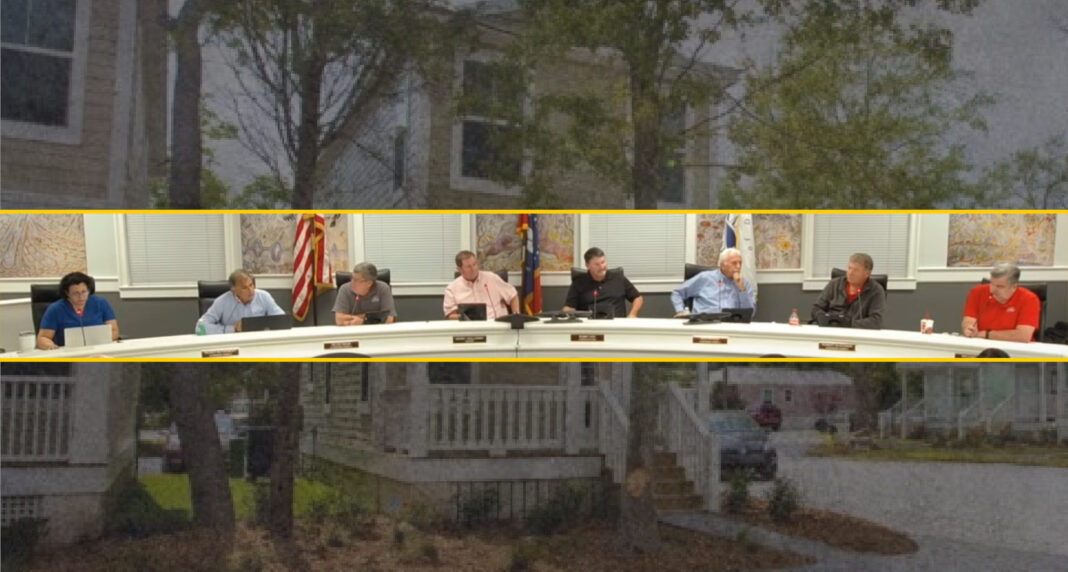BILOXI, MS – The Mississippi Court of Appeals has upheld a lower court’s ruling in favor of Matthew and Jennifer McDonald, affirming that the Biloxi City Council’s decision to deny the couple’s short-term rental application was unsupported by substantial evidence. This ruling could have far-reaching implications for local governments attempting to regulate short-term rentals.
The McDonalds, Michigan residents, purchased a property on St. George Avenue in Biloxi in 2021. They applied for a conditional-use permit to operate the property as a short-term rental, a use allowed under the city’s RM-30 zoning classification. The city’s planning commission twice recommended approval, but the City Council denied their application, citing alleged failures to meet conditional-use standards.
Councilman George Lawrence argued that the property failed to meet the city’s standards, stating during the May 2022 hearing, “We said you have to meet the nine conditional uses according to our laws of the ordinances of the City of Biloxi. It does not.”
The McDonalds countered that they had made $70,000 in improvements, including relocating the driveway and installing a privacy fence, to address concerns from neighbors. They noted that a nearby property on the same parcel had already been approved for short-term rentals.
The Harrison County Circuit Court reversed the Council’s decision, finding it arbitrary and capricious. The city appealed, but the Court of Appeals affirmed the circuit court’s judgment on October 8, 2024.
Writing for the majority, Chief Judge Barnes criticized the Council’s lack of evidence, noting that its decision rested on little more than the objections of one neighbor. The court ruled, “The Council’s denial of the conditional-use permit, without any substantial evidence to support the decision, is the epitome of arbitrary and capricious.”
The court emphasized that the McDonalds had met all nine conditional-use standards required by the city. The ruling stated, “The proposed use would not cause substantial injury to other properties in the neighborhood in which it is located.”
The court also highlighted testimony from city employees, including the planning director, who confirmed the property complied with zoning laws and fire codes.
In a dissenting opinion, Judge Carlton argued that the Council’s decision was defensible, given the objections raised by neighbors at earlier hearings. Carlton wrote, “I find that evidence in the record reasonably and adequately supports the conclusion that the McDonalds’ proposed use would not meet conditional-use standards for safe and convenient ingress and egress and the protection of property values.”
The dissent also pointed to concerns from residents that short-term rentals could disrupt the character of the neighborhood and negatively impact property values.
The ruling underscores the importance of municipal decisions being based on substantial evidence rather than subjective judgment. It also sends a clear message about the level of scrutiny courts will apply when reviewing zoning disputes. For property owners like the McDonalds, the decision is a victory for those seeking to utilize short-term rentals in areas where zoning allows it. For municipalities, it is a cautionary tale about the need for thorough and well-documented decision-making processes.
As short-term rentals continue to rise in popularity, this case is likely to influence zoning debates not only in Mississippi but across the country.


